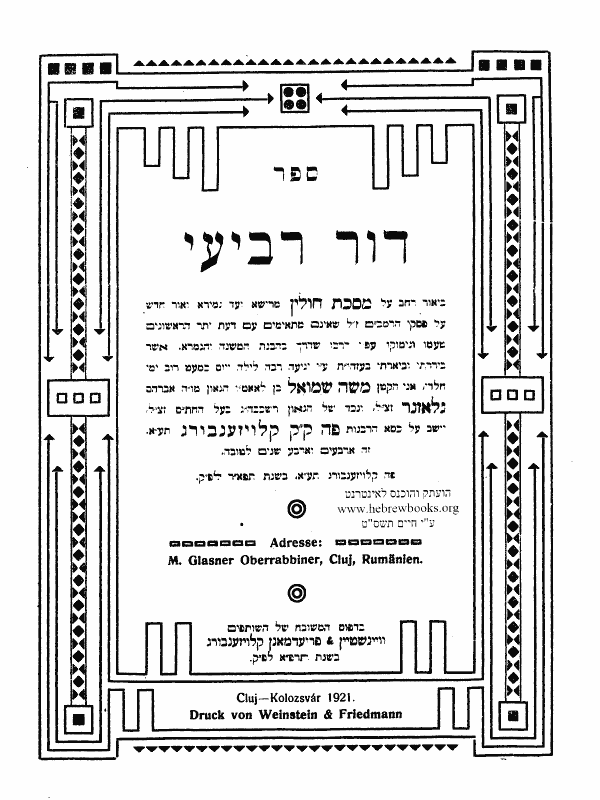ויקחו לי תרומה
That they bring for me an offering
Exodus 25:2
The Midrash Tanna debe Eliyahu [quoted by the Yalkut Reuveni] teaches that at the moment that Israel said (Exodus 24:7) “נעשה ונשמע” (we will do and understand), the Holy One Blessed Be He immediately said “ויקחו לי תרומה” (they should bring for Me an offering). And our master explains that this interpretation is based on the teaching of the Midrash Rabbah (Exodus 42.6):
R. Meir said: It was not even one complete day [before they sinned], for while they were yet standing near Sinai, exclaiming “נעשה ונשמע” their hearts were already concentrated on idolatry, for it says (Psalms 78:36): “ויפתוהו בפיהם ובלשוֹנם יכזבו לו” (but they flattered Him with their mouth, and lied to Him with their tongue).
And our master explained at length elsewhere that R. Meir follows his general opinion which is “תפוס לשון ראשון” (the first expression is controlling). Thus, when they uttered the word “נעשה” (we will do) before they said “נשמע” (we will understand), they revealed their desire to perform actions without study and understanding, because they despised study. And it was their lack of interest in study so as to gain an understanding of what actions they were obligated to perform or not perform is the reason that they committed the sin of the calf. That is why they asked (Exodus 32:1) for gods “אשר ילכו לפנינו” (which shall go before us) — so that, like a beast in the field, they could just follow commands without understanding or reflection. Thus, in saying “נעשה” before saying “נשמע,” they exposed the vacuous idea that led to the sin of the calf. And, had they not committed that transgression, they would never have been required to build the Tabernacle or to offer sacrifices, as was explained above (Seder Bo). Thus, the Midrash teaches that, as soon as they said “נעשה ונשמע,” the Holy One Blessed Be He commanded them to take for Him an offering, which is derived from the connection between those words and the sin of the calf, and between the sin of the calf and the building of the Tabernacle. [See Seder Ki Tisa for further elaboration of this idea.] (שביבי אש)
ויקחו לי תרומה מאת כל איש אשר ידבנו לבו תקְחו את תרומתי
That they bring for me an offering, from every man whose heart makes him willing you shall take my offering.
Exodus 25:2
It may be asked why the words “תקְחו את תרומתי” (you shall take my offering) are repeated after the words “ויקחו לי תרומה” (they shall bring for me an offering). And our master said something extraordinary about this. Rashi explains that the words “ויקחו לי תרומה” mean that the offering should be taken “לשמי” (for My name). The later commentators explain that this comment teaches that whatever charity and kindness a person does should be done for the sake of the Eternal alone Who commanded him to do so, rather than because his heart impelled him to do so and inspired him to do good and charitable deeds. For the good-hearted person, who opens his hand to everyone who asks without distinguishing between the deserving and the undeserving, will frequently waste his money on a person who is unworthy of charity, which is not good in the sight of God. So the best counsel for the person “כל איש אשר ידבנו” who lacks any constraint on his heart’s inclination to give to everyone with an outstretched hand is to give charity to an agent who collects funds that will be used for the sake of God and will disburse funds to the deserving poor that follow the path of the Divine Torah. That is why the Scripture says “ויקחו לי” (take for My name): to teach that those who give their money in the name of God (i.e., only to those who are deserving) may give the offering themselves. But from those whose heart impels them to give their money to anyone who asks them — from people such as those, you should take the money from them so that it will be distributed appropriately only to those who are deserving. (שביבי אש)
